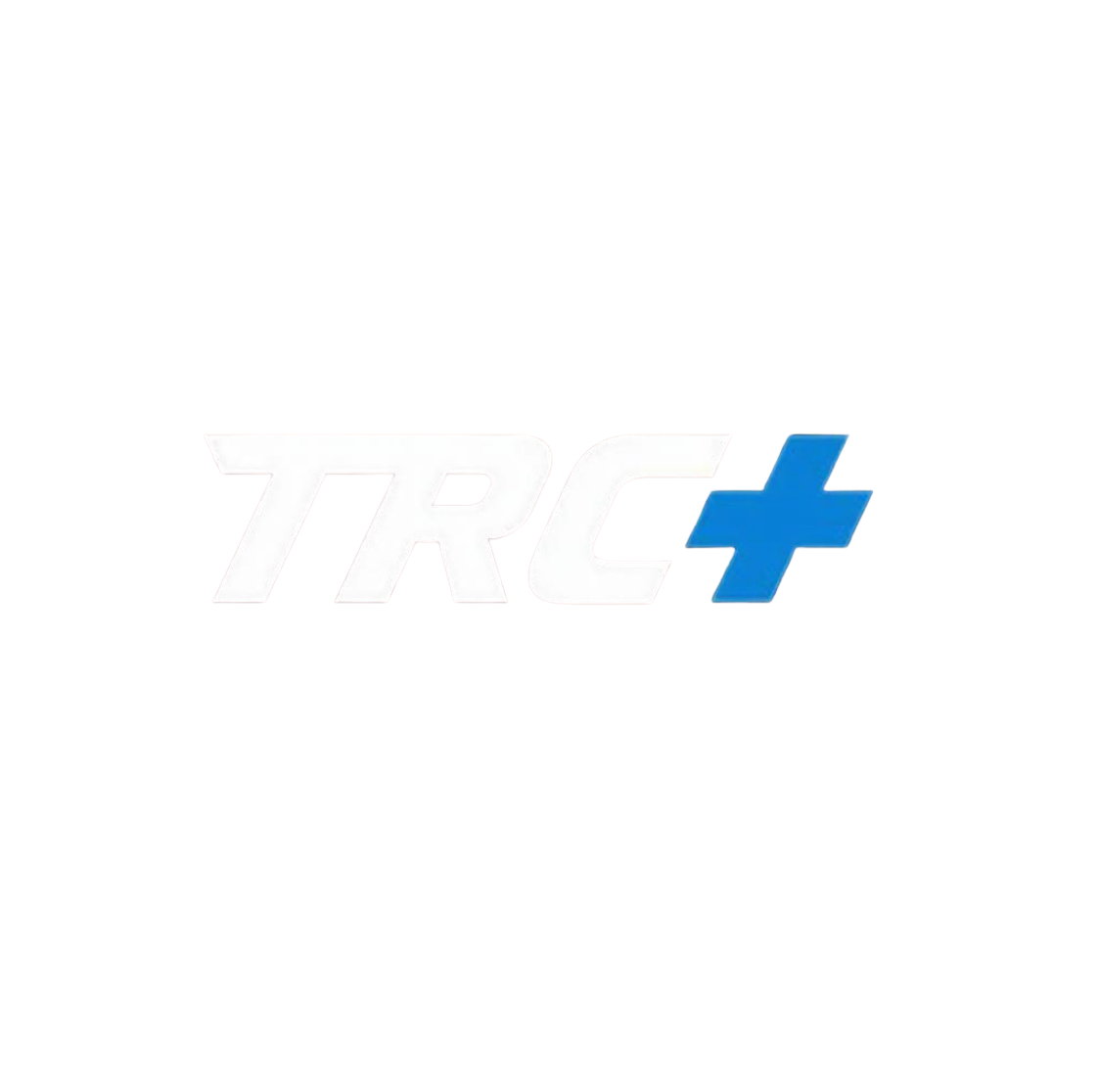The Science of Recovery: Why Proper Recovery Matters More Than You Think
Recovery Isn’t a Luxury — It’s Essential
In the gym, on the field, or chasing your weekend PR, you’ve probably heard the phrase: “Recovery is just as important as training.” But let’s be honest—most people don’t treat it that way. At TRC+, we work with athletes, weekend warriors, and everyday high-performers who go hard but rarely slow down. If you’re constantly sore, stuck at a performance plateau, or nursing a recurring injury, there’s a good chance your recovery system is either broken—or missing altogether. The truth is, recovery isn’t about taking a rest day. It’s a biological process that your body depends on to grow stronger, repair damage, and avoid breakdown. Let’s explore what the science says about recovery, and why it’s the most underused performance tool you have.
Training Breaks You Down — Recovery Builds You Back Up
Every time you lift, sprint, or compete, you're applying a calculated stress to your body. This controlled damage—microtears in muscle fibers, joint strain, and nervous system fatigue—signals your body to adapt and rebuild stronger. But the magic doesn’t happen during your workout. It happens afterward, during recovery. That’s when your body goes to work repairing tissues (via protein synthesis), replenishing glycogen stores, reducing inflammation, rebalancing hormones, and recalibrating the nervous system. If you skip or undervalue recovery, you miss this entire rebuilding phase. Instead of adapting, you accumulate fatigue, decrease performance, and increase injury risk. No recovery = no results.
Sleep: The Most Powerful Recovery Tool
If you take nothing else from this post, remember this: you cannot out-train bad sleep. During deep sleep, your body releases growth hormone—an essential driver of muscle repair and tissue regeneration. It’s also the time when your brain flushes out waste, your immune system recharges, and your nervous system resets. For athletes and active individuals, sleep is non-negotiable. Aim for 7–9 hours per night, prioritize deep sleep cycles, avoid screens and alcohol two hours before bed, and stick to consistent sleep/wake times—even on weekends. At TRC+, we often see athletes doing everything right in the gym, only to be held back by poor sleep habits.
Inflammation Isn’t the Enemy—But It Needs Managing
Inflammation often gets a bad rap, but it’s actually your body’s natural healing response. After a tough workout or injury, acute inflammation helps signal tissue repair and regeneration. The problem arises when inflammation becomes chronic—blocking recovery, prolonging soreness, and reducing performance. That’s why the goal isn’t to eliminate inflammation entirely, but to regulate and optimize it. Smart recovery strategies boost circulation, flush waste, and support the body’s healing response. At TRC+, we use science-backed tools like Normatec compression, cupping, soft tissue therapy, and contrast therapy to reduce excess inflammation and promote faster recovery.
The Nervous System: Your Hidden Recovery Driver
Muscles get a lot of attention in recovery conversations, but your central nervous system (CNS) plays a critical role too. Hard training pushes your body into a “fight or flight” sympathetic state. True recovery happens when you transition into a “rest and digest” parasympathetic state—where heart rate drops, digestion improves, and tissue healing accelerates. When your nervous system doesn’t reset, recovery stalls. Common signs include elevated resting heart rate, poor sleep, mood swings, and a loss of coordination or power. At TRC+, we help clients shift into recovery mode using hands-on therapy, breathwork, and tools like vibration therapy, infrared light, and Normatec compression to calm the nervous system and speed up healing.
Recovery Needs Fuel: Nutrition, Hydration, and Timing
Your recovery isn’t just mechanical—it’s metabolic. Muscles, joints, and connective tissue need raw materials to rebuild, and that starts with nutrition and hydration. You can’t rebuild a house without bricks. After training, your body craves a mix of carbohydrates to replenish energy and protein to support muscle repair. Hydration is just as critical—dehydration reduces performance and slows recovery. As a rule, eat a protein + carb-rich meal or shake within an hour of training, hydrate consistently with water and electrolytes, and don’t skip meals on rest days. Recovery doesn’t take a day off just because you do.
Active Recovery Outperforms Passive Rest
Lying on the couch might feel good after a hard workout, but passive rest alone doesn’t drive recovery. Active recovery—low-intensity movement that promotes circulation and joint mobility—helps clear metabolic waste, reduce stiffness, and speed up healing. This can include light mobility drills, walking, compression therapy, or targeted bodywork. At TRC+, our recovery sessions blend movement, soft tissue therapy, and tech-driven tools like Normatec and percussion therapy to create a complete recovery experience. The goal is to support your body’s natural healing while prepping you for your next session.
The TRC+ Recovery Method
At TRC+, we’ve built a repeatable system that supports every stage of the recovery journey. Our four-phase method—Assess → Restore → Recover → Return & Reload—guides clients from injury, overtraining, or fatigue back to confident movement and peak performance. We begin by identifying where your body is breaking down, restore movement patterns and tissue function, apply recovery tools to accelerate healing, and then help you reload with safe, effective training progressions. Whether you’re rehabbing an injury or bouncing back from an intense training block, this method keeps your recovery strategic—not random.
Bottom Line: You Don’t Need More Training—You Need Smarter Recovery
You’re already putting in the work. You’re showing up. You’re pushing your limits. Now it’s time to give your body the structured recovery it needs to repair, adapt, and grow stronger. Recovery isn’t just a rest day—it’s a strategy. And if you don’t build it into your training plan, your body will eventually force it on you through pain, fatigue, or injury.
Ready to recover smarter?
📍 Visit TRC+ Sports Chiropractic & Recovery in Boise
🗓️ Book your recovery session or full treatment plan today
Serving Boise, Meridian, and Eagle amd the Treasure Valley
